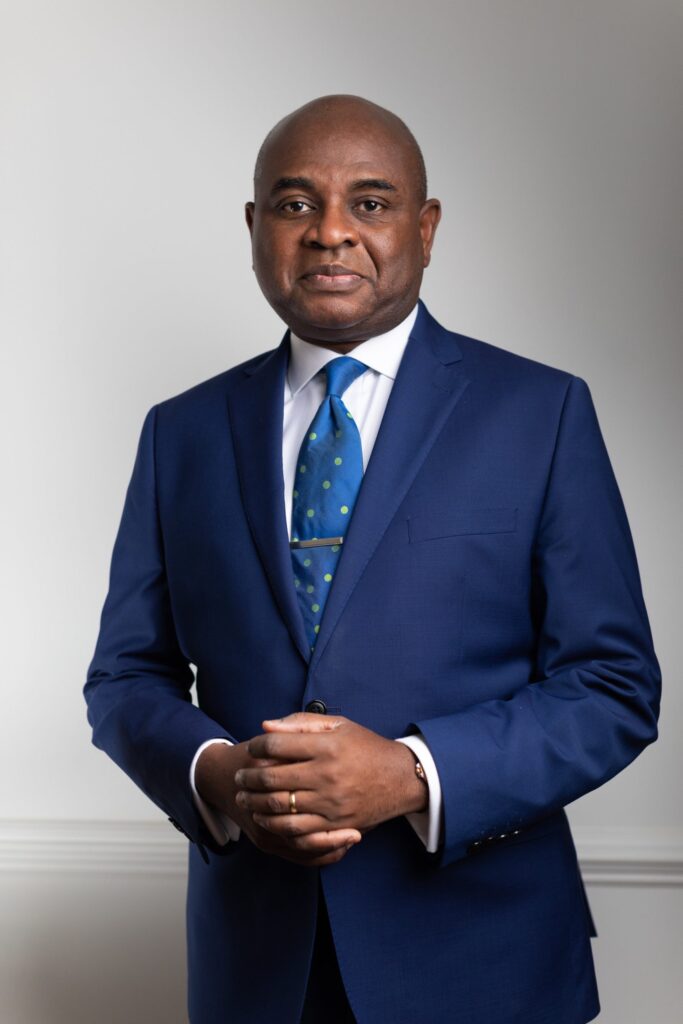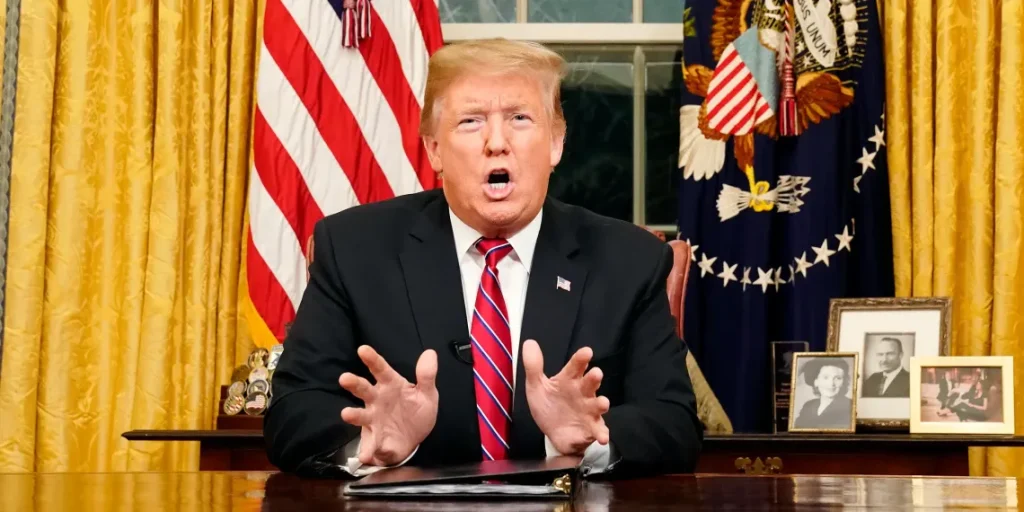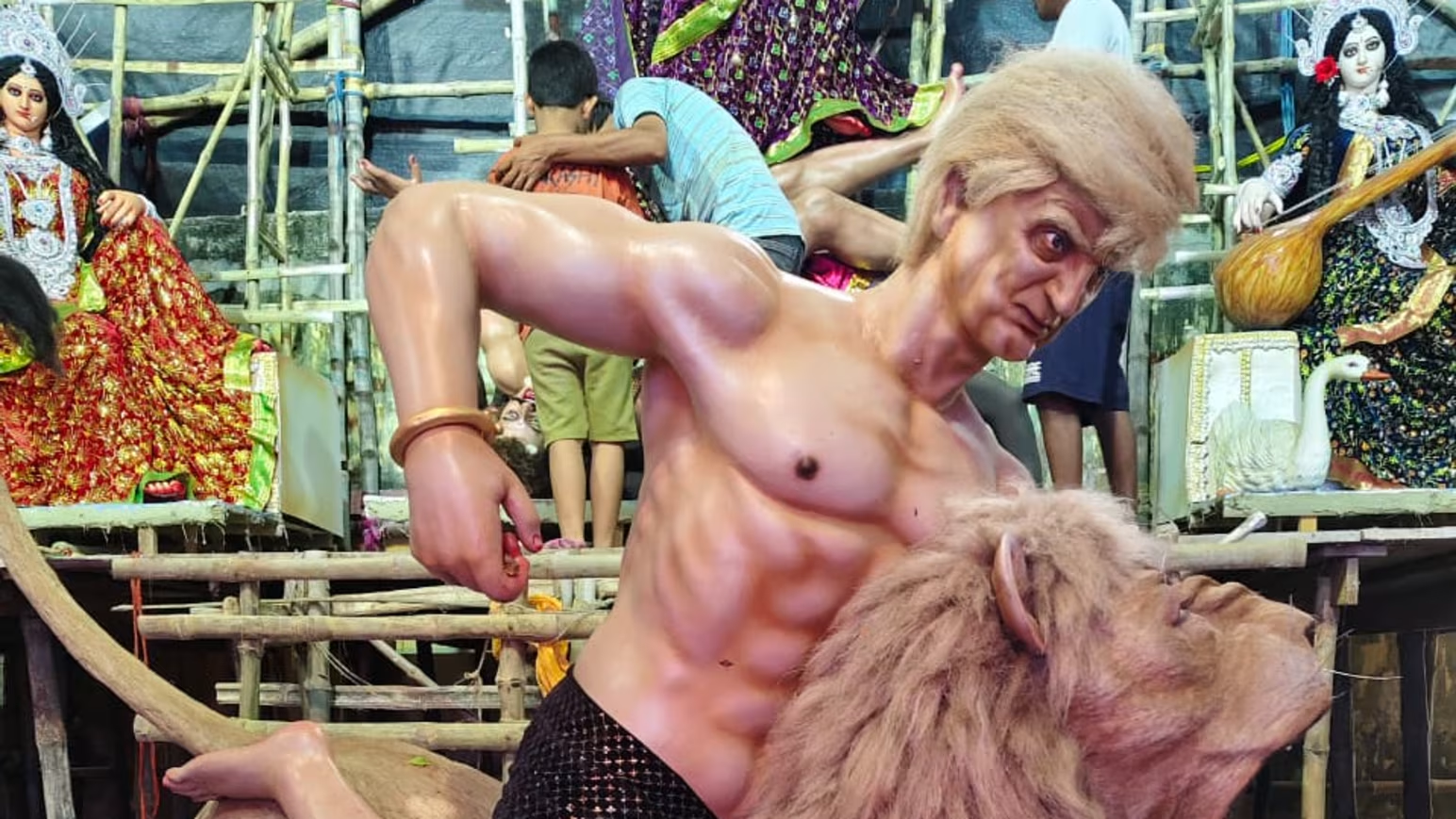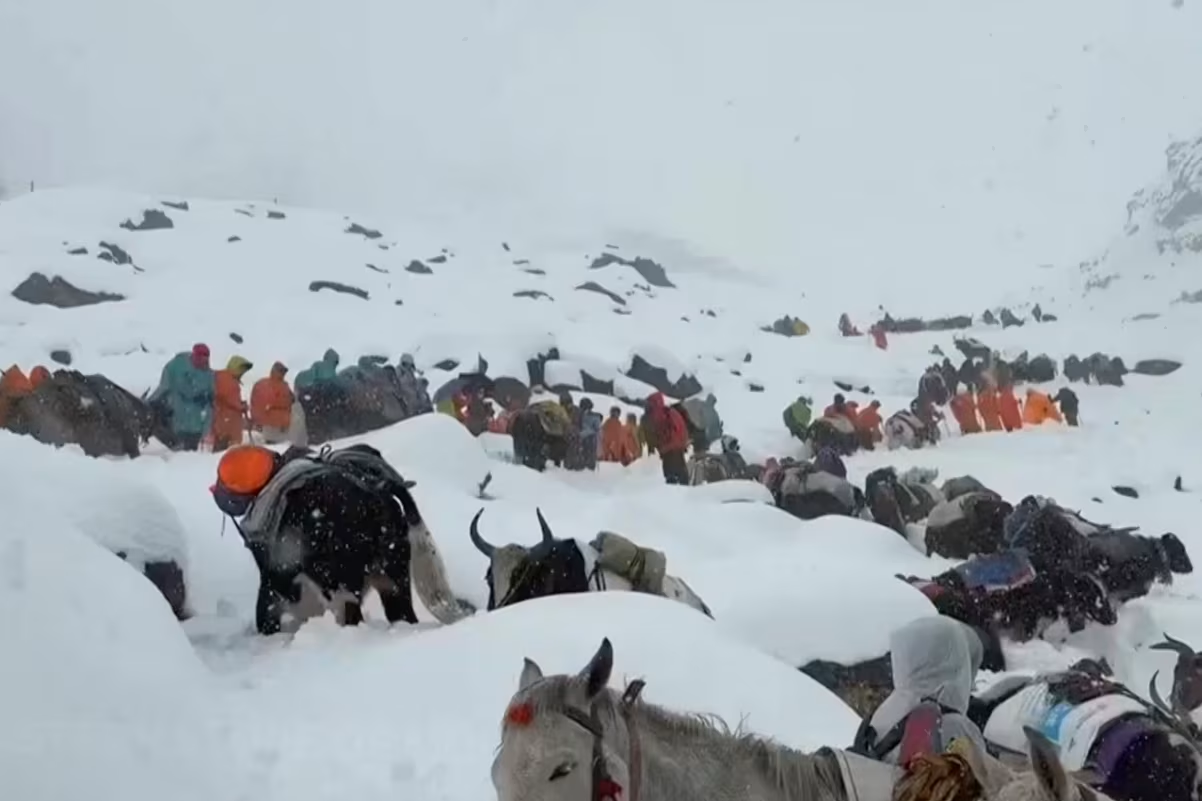Now Reading: Pope Leo XIV to Visit Turkey and Lebanon in Landmark First International Trip
-
01
Pope Leo XIV to Visit Turkey and Lebanon in Landmark First International Trip
Pope Leo XIV to Visit Turkey and Lebanon in Landmark First International Trip
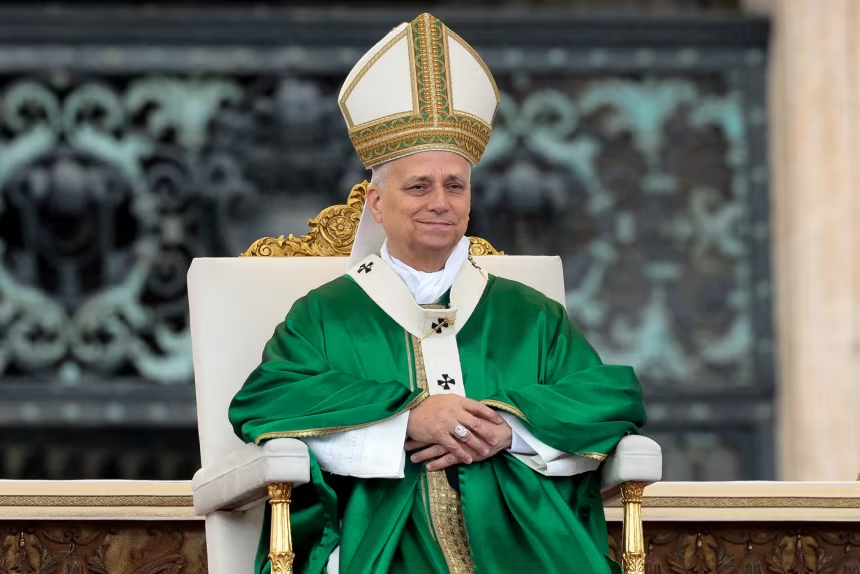
Pope Leo XIV will embark on his first international journey as pontiff with a historic visit to Turkey and Lebanon, focusing on peace, unity, and interfaith dialogue across a region long scarred by conflict.
The Vatican confirmed that the first American pope will travel to Turkey from November 27 to 30, before continuing to Lebanon from November 30 to December 2.
During his stay in Turkey, Pope Leo will mark the 1,700th anniversary of the Council of Nicaea, one of the most significant gatherings in early Christian history that shaped the foundational Nicene Creed, still recited by Christians worldwide. He is expected to visit Iznik, modern-day Nicaea, and meet with Ecumenical Patriarch Bartholomew, the spiritual leader of over 300 million Eastern Orthodox Christians.
Speaking to reporters at Castel Gandolfo, the pontiff described the visit as “a moment of authentic unity in faith” and “a chance to look forward, not backward.” He added that his stop in Lebanon would carry a strong message of “peace and hope in a country that has suffered so much.”
The trip was jointly requested by civil and religious leaders in both nations, including Lebanese President Joseph Aoun, a Maronite Christian, who met the pope in June. Lebanon’s Christian community, particularly the Maronites, has long maintained close ties with the Vatican amid the country’s ongoing political and economic turmoil.
Pope Leo is also expected to commemorate the victims of the 2020 Beirut port explosion, which killed more than 200 people — a tragedy he has previously called “a wound in the soul of Lebanon.”
Lebanon’s Council of Catholic Patriarchs and Bishops hailed the visit as “a sign of unity and hope for all Lebanese, Christians and Muslims alike.”
Meanwhile, the Vatican said the pope’s visit to Turkey will underscore Christian unity at a time of global polarization. “We must not miss this historic moment,” the pontiff said.
Pope Leo’s comments also touched on the second anniversary of the October 7 Hamas attacks, calling for efforts to “reduce hatred in the world” and warning that antisemitism remains “deeply worrying.”
His remarks come amid diplomatic tension between the Vatican and Israel following controversial comments by Cardinal Parolin, who described Hamas’s assault as an “inhuman massacre” but criticized Israel’s military response in Gaza as an “ongoing massacre.”
Pope Leo’s upcoming trip is widely viewed as an early test of his papacy’s diplomacy — a chance to reaffirm the church’s global role as a bridge-builder in times of division.
